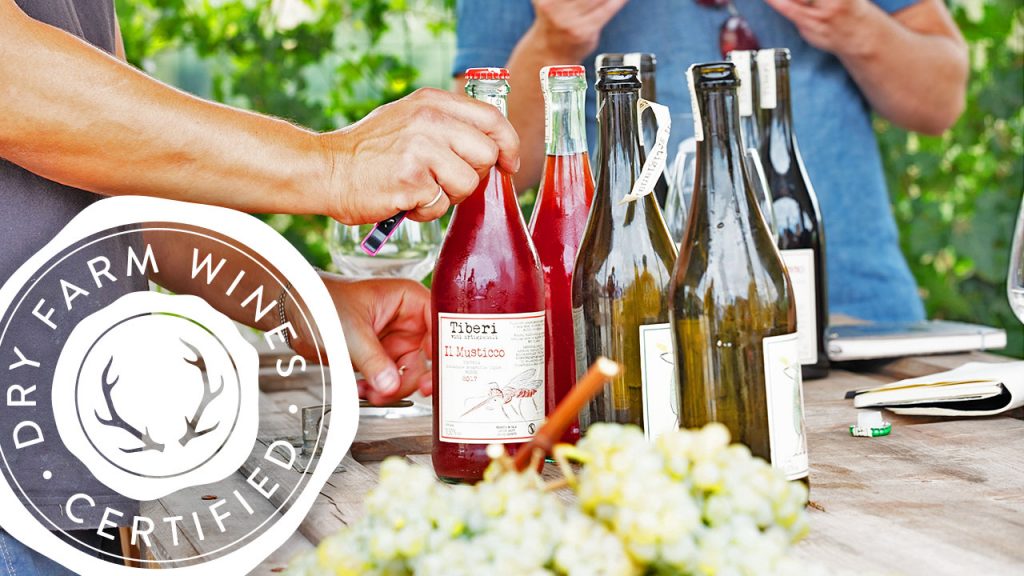Multiple global studies have shown that moderate wine intake, in particular, red wine, decreases your risk for heart disease, dementia, and diabetes, plus it is associated with a longer lifespan. Moderate intake is defined as 1-2 servings per day for women, and 2-3 servings per day for men.
Men get a bit more wine allowance, not because they are usually bigger in size (which also helps), but because estrogen and progesterone decrease the metabolism of alcohol, meaning women (even after menopause) get a higher blood level of alcohol if they drink the same amount as men.
However, the health benefits are different when you look at total alcohol intake, as beer and hard liquor do not have all the same benefits, and even in small dosages, consuming beer and hard liquor increase your risk for cancer. Drinking more than 3 servings of red wine a day will also increase cancer risk, so nobody should be exceeding moderate intake, which is overdoing a good thing.
I am not going to say that people who avoid all alcohol need to start drinking wine. Many people cannot drink in moderation, and once they start, they overdo it. Excess alcohol intake is clearly harmful to your health and your social connections as well. Some people just don’t feel right even if they drink alcohol in moderation, so if you don’t drink, you might have good reason to avoid alcohol, and I recommend you do what is best for you.
If you do drink alcohol, then clearly red wine has more health benefit than other forms of alcohol, although white wine appears to have some but not all the benefits of red wine.
Beer also has a much higher sugar content (glycemic load) than wine, over 500% more sugar load. That is one reason that the term beer belly comes to mind when you think of beer drinkers.
Can you lower the sugar content in wine even further? Could you also drop the chemical usage in wine? Of course, you can, it is what European, small-scale vintners have been doing for centuries.
Over the last fifty years, large scale wine producers have lowered the quality of wine by choosing cheap, fast methods of production.
The U.S. leads the world in the irrigation of grapevines with almost 100% of all vineyards in the U.S. being drip irrigated. This might seem like a harmless enough practice, but much of Europe has outlawed irrigation of wine vineyards, and for good reason.
When grapes ripen on a grapevine, the physiology of that ripening process is deeply impacted by irrigation…. This is the reason that many Europeans vintners don’t allow artificial irrigation and depend solely on natural rainfall. It’s because the character of the taste of the fruit fundamentally changes.
And it’s not just the taste that’s impacted. Higher water content means the grape will need to have a higher sugar content to make good tasting wine. The higher the sugar content at the time of picking, the higher the level of alcohol (and sugar byproducts like glycol) in the final product, which can lead to hangovers the next day.
Dry farming practices (avoiding irrigation), make the grapevine grow deeper roots, produce more complex tasting fruit, and lower the water, sugar, and final alcohol content.
Not only do US vintners use irrigation, but to make wine production easier, they also use more chemicals in wine production than they do in Europe. Many regions of Europe have banned the use of chemical additives during the fermentation process, insisting on natural processes.
A few years ago, I met Todd White, President of Dry Farm Wines, at one of my mastermind group meetings. Nicole and I joined his wine club and have been members for the last several years.
Todd has been committed to finding wine with less sugar and less chemicals. And for this reason, he recommends wine not from the U.S. or the Napa Valley, as you might think, but wine that comes mostly from small vineyards in Europe. Over time, Todd has created the United States’ Premier Natural, Organic, Health-Oriented Wine Club.
Dry Farm wines are:
- Produced by small organic vintners who use dry farming (no irrigation)
- Have low sulfite levels (less than 75 ppm)
- Mold free, without additives
- Sugar-free (less than 1 gram/liter)
- Low alcohol content (less than 12.5%)
If you’d like to try some of their wine, Click here to learn more about Dry Farm Wines. You can claim a bottle of wine for just a penny ($29 value) and receive their Natural Wine ebook Free!!
Now that Nicole and I are living in Europe and shopping in local markets several days per week, it has been easy to meet local vintners and wine sellers who offer organic wine using dry farming techniques.
It isn’t nearly that easy back home in the United States when we are shopping in our local grocery store, which is why we joined Dry Farm Wines.
Cheers!
I wish you the best of health,
Steven Masley, MD, FAHA, FACN, FAAFP, CNS
Please share these blogs with your friends and family!
Send them this link to sign-up to receive my blog posts: www.drmasley.com/

